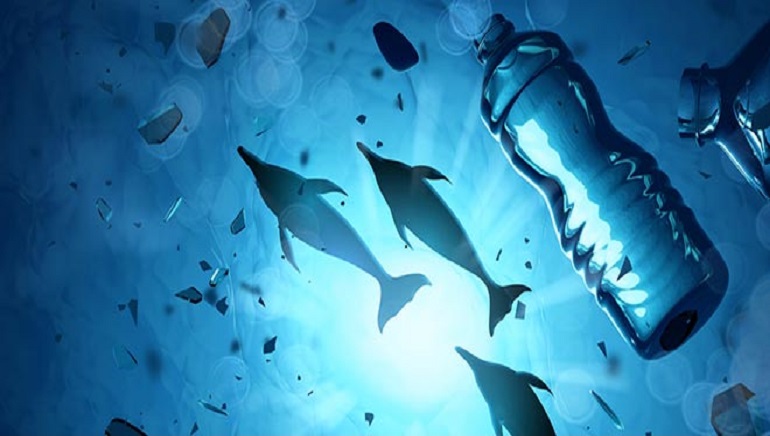Microscopic plastic particles have been traced in the fats and lungs of two-thirds of marine mammals in a recent study on ocean microplastics. The presence of polymer particles and fibers in these animals suggests that microplastics can travel out of the digestive tract and lodge in the tissues of the animals. Plastic particles identified in tissues ranged on average from 198 microns to 537 microns.
Researchers said that these microplastics pose an extra burden in addition to other challenges the marine mammals face, such as climate change, pollution, and noise. While scientists have yet to determine the exact harms these embedded microplastics might cause to these animals, plastics have been implicated by other studies as possible hormone mimics and endocrine disruptors.
The samples in this study were acquired from 32 stranded or subsistence-harvested animals between 2000 and 2021 in Alaska, California and North Carolina. Twelve species are represented in the data, including one bearded seal which also had plastic in its tissues.
The details of the study done by a graduate student at the Duke University Marine Lab will be carried in the October 15 edition of Environmental Pollution.















